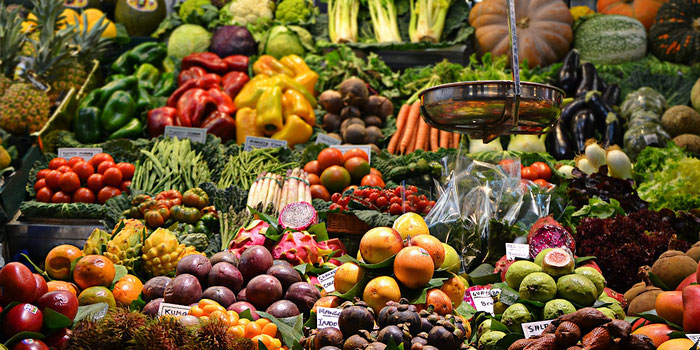Have you ever noticed that for every claim about nutrition, you can find an opposing claim that seems just as valid?
You want to eat the right foods to keep your body healthy, but it’s so hard to know which nutrition guidelines to follow.
Wouldn’t it be nice if there were a huge study comparing outcomes for different ways of eating over many years?
There actually was such a study in China, and The China Study claims to offer definitive nutrition advice.
In fact, the full name of the book written by T. Colin Campbell and Thomas M. Campbell II is The China Study: The Most Comprehensive Study of Nutrition Ever Conducted and the Startling Implications for Diet, Weight Loss and Long-term Health.
It's an impressive claim, and if you read the 417 pages, you can judge for yourself whether it backs it up.
If you would rather have a summary, here the main claims and reasoning of the book.
The China Study offers tons of data and some compelling arguments for an all-plant-based diet.
So compelling, in fact, that many people became vegetarian after reading the book, including Bill Clinton.

The China Study is based on the China-Cornell-Oxford project, which was a large study conducted over 20 years to compare the health consequences of families with diets rich in plant-based foods to those with diets rich in animal-based foods.
A total of 6,500 people were selected from 65 rural counties in China for the study.
T. Colin Campbell, professor of nutritional biochemistry at Cornell, led some of the first studies and consequently wrote the book based on his findings.
He said that he originally taught nutrition the classic way, “nutrient by nutrient.”
After the China-Cornell-Oxford project, though, he realized he’d been looking at nutrition all wrong.
He ended up with a viewpoint of nutrition that was almost the opposite of what it had been before the study.
The study was a big paradigm shift for Campbell, so he decided to detail his conclusions for others.
Here are some of the takeaways from the book.

Plant-Based Diets Are Healthier
The main conclusion of the study was that individuals with a plant-based diet were healthier than those who ate an animal-based diet.
In China, those with a higher protein diet were much more likely to get so-called diseases of affluence - heart disease, obesity, diabetes, common cancer, and autoimmune diseases.
You Don't Need Animal Protein for Amino Acids
You can get all the amino acids you need from a varied plant diet.
Protein has long been viewed as an important part of the American diet, and even vegetarians usually carefully match ingredients to get the needed amino acids.
However, Campbell says the body can synthesize what it needs from plants.
Good Nutrition Can Help to Avoid Needing Medical Care
Cancer, obesity, and diabetes are all getting worse in America based on our current diets.
America’s medical system is expensive and can cause death, and good nutrition can solve a lot of these problems.

The Right Nutrients Can Turn Off Cancer
The book states that you can actually turn off cancer with the right diet, and it offers data to support that claim.
He describes three stages of cancer - initiation, promotion, and progression.
He claims that the second stage, promotion, can be reversed depending on the balance between nutrients that promote growth or those that inhibit growth.
In studies on rats, low-protein diets inhibited the growth of cancerous tumors.
High Blood Cholesterol Correlated with Many Diseases
In China, blood cholesterol was higher in those with an animal-based diet, and the higher cholesterol strongly correlated with diseases of affluence.
Liver cancer and chronic hepatitis B, in particular, had a strong correlation.
Campbell stated, “The virus provides the gun, and bad nutrition pulls the trigger.”
The book was critically acclaimed and well-received within the nutrition community.
The China Study is not without its critics.
As stated before, there are many counterclaims for any nutrition advice.
It has sold over a million copies, though, and has been life-changing for many.
It’s hard to argue with its conclusions that an all-plant diet is healthier!









